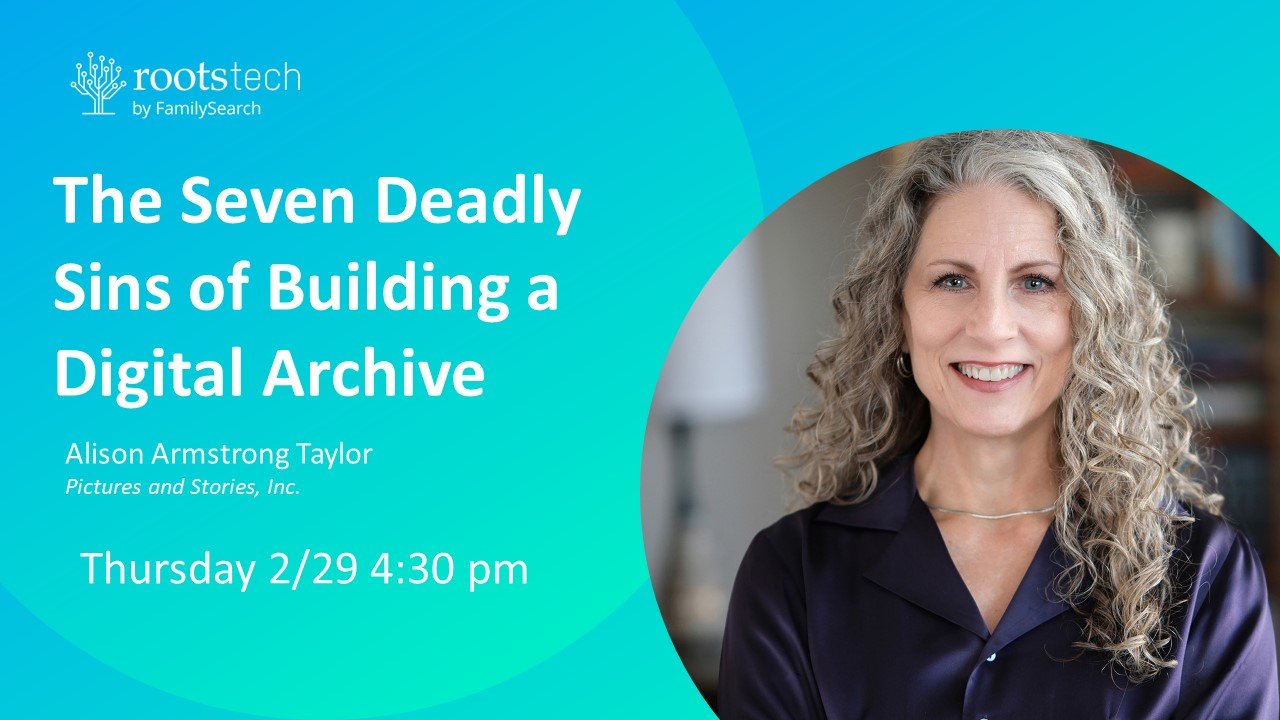If you started with us at the beginning, you've been writing your life stories for the better part of a year. Now it's time to assess what you've written and begin to put it together into a narrative. From this point on, we will be giving you weekly assignments and tips to help along the way.
If you've recently joined us, you may want to build up a few more stories before you begin this part of the challenge. You can always come back to these posts when you are ready. To continue your daily writing, pick something else from the archive, this question list, or write more on something you wrote earlier. For more information about the challenge, read this post.
TODAY'S 15-MINUTE CHALLENGE
This week's exercises are meant to get you in the story mindset. The better you understand what a story is, the more interesting your writing will be.
Today, consider the following elements of a story:
Setting is the where and when of your story. Setting is often established in the beginning of the story, but it doesn’t have to be; it can be revealed a little at a time.
Plot is the sequence of events in a story, and usually has a more-or-less-definite “arc.” The story has a beginning (establishment of setting and characters, with an “inciting incident” that introduces a conflict of some sort), a middle (where events and characters develop and move toward a crisis or climax) and an end (in which the crisis or climax begins to resolve and moves toward a conclusion).
Characters are the people in your story. In a memoir, you are usually the protagonist, or hero, of your story, although this isn’t always the case.
Conflict is what adds the drama and the emotional content to your story. Without a struggle of some sort or a problem to overcome, a story ceases to be a story and becomes a series of “and-then-this-happened” with no real point or emotional payoff. Conflict doesn’t have to imply major trauma; it can be something simple or comic: Tom Sawyer doesn’t want to whitewash the fence; that’s his struggle.
Theme is the main idea or point of your story. Your theme will often be connected to your stated purpose. Smaller, individual stories in your memoir can have their own purposes separate from your overall theme. But every story should have a point or moral of some kind.
If you have more time, you can view this webinar: How to Write Your Stories
IN A NUTSHELL
- Take these assignments at your own pace. They are meant only to get you started and to give you a step-by-step process. Depending on how much you have already written, it may take you longer to complete each section.
- If you want to keep going after the 15 minutes are up, go for it!
- Have a question or challenge or triumph to share? Feel free to comment below.


